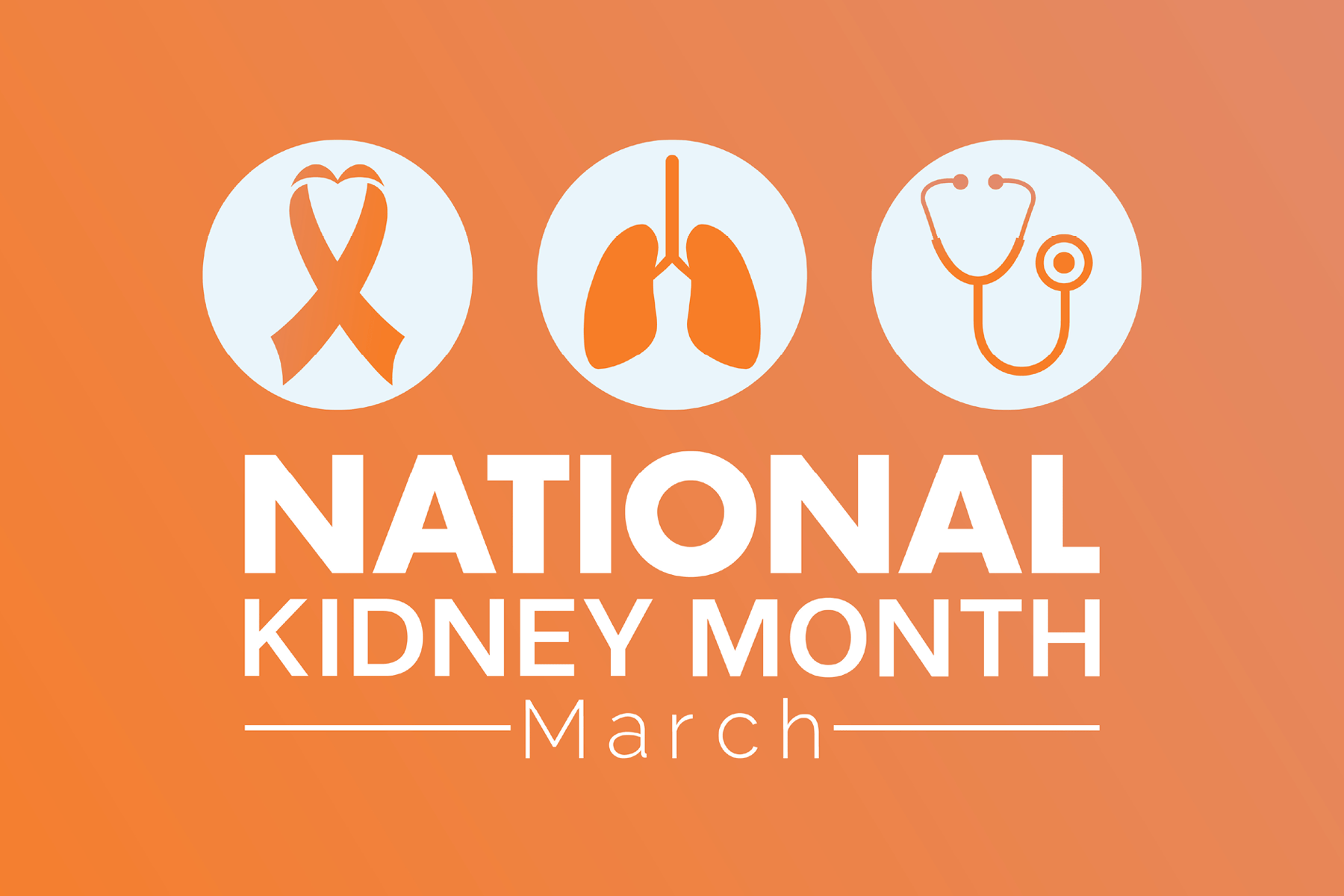
Beyond Filtration: Kidneys Perform Many Jobs to Protect Your Body
Your kidneys are essential for maintaining your overall health, yet their importance is often underestimated. As a result, kidney health may be neglected. In the United States, more than one in seven adults have chronic kidney disease, and nine out of ten adults are unaware they have it. Unfortunately, most damage caused by kidney disease cannot be reversed. Understanding kidney functions and taking steps to maintain their health is crucial for protecting your well-being.
Kidney function
You probably know that the primary function of your kidneys is to filter waste from your blood. Did you know that is not their only function? The kidneys also:
- Help maintain blood pressure
- Promote the production of red blood cells
- Balance electrolytes and fluids
- Support bone health
- Regulate blood sugar levels
Most of these functions are controlled through the production of hormones or the reabsorption of water and nutrients back into the bloodstream. Damage from kidney disease can significantly impede these processes and functions.
Possible signs of kidney disease
In most cases, kidney disease and damage have little to no signs or symptoms in the early stages. Many people do not have symptoms until the disease is advanced. Symptoms vary depending on the severity of kidney damage but may include:
- Fatigue and sleep problems
- Swollen feet, ankles or hands
- Loss of appetite
- Itchy skin
- Weight loss
- Changes in urination
If you are experiencing symptoms of kidney disease, speak to your provider.
Protecting your kidneys
Since damage from kidney disease is difficult to reverse, it is important to prevent damage before it occurs. Follow these tips to keep your kidneys healthy.
- Stay hydrated: Water helps the kidneys filter waste out of the blood.
- Manage pre-existing health conditions: Diseases like diabetes and high blood pressure can cause kidney damage if left untreated.
- Maintain a health weight: Obesity can increase the risk of diabetes and high blood pressure, both of which are major causes of kidney disease.
- Avoid long-term use of some medications: Non-steroidal anti-inflammatory medications including ibuprofen, Advil, Motrin, and Naproxen can damage the kidneys if taken at high doses or for too long.
Taking care of your kidneys is the first step to preventing chronic kidney disease. Stay proactive about your kidney health and speak to your primary care physician if you have any concerns.